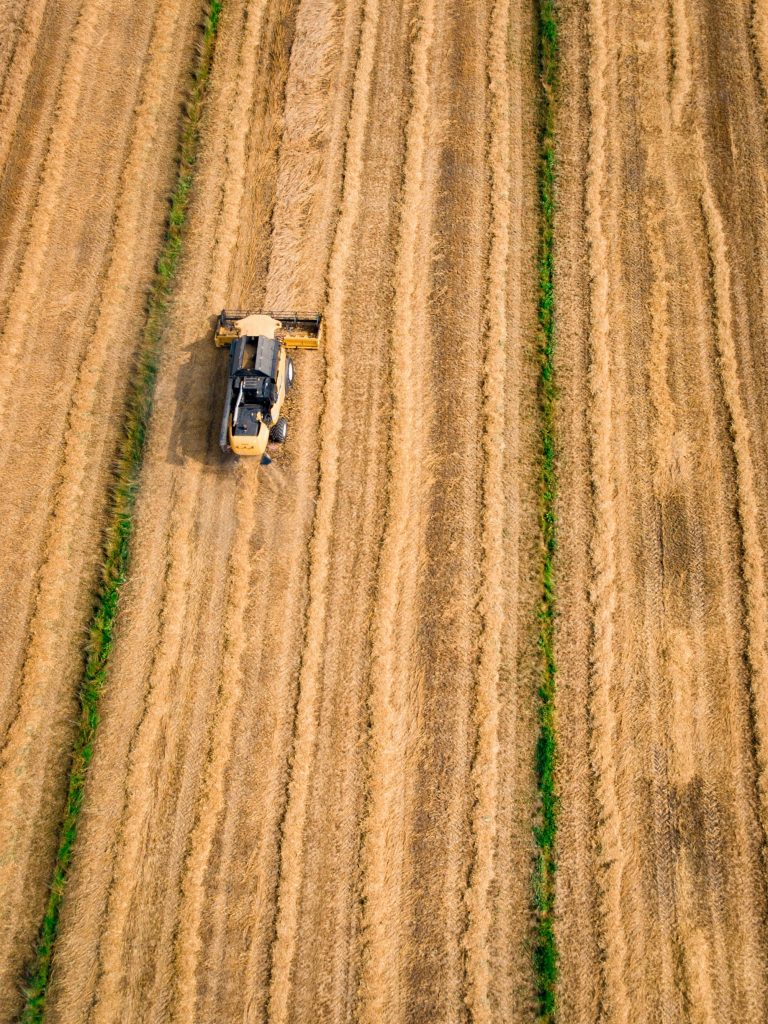A Changing Global Context in Agricultural Policy

Since the launch of the Uruguay Round at Punta del Este in September 1986, international trade discipline has become an important background factor to agricultural policies. Agriculture long remained an exception in multilateral trade negotiations. And it still enjoys significant official support and tariff protections, particularly in the EU and the US.
However the acceleration of world trade is now impacting on agricultural policies that, since the 90s, have had to adjust to multilateral trade regulations. These upheavals fit into broader trends increasingly subjecting official policies to international necessities.
The increase in the number of countries involved in international negotiation has forced open the eyes of developed countries to the negative impact of their agricultural policy on their partners’ trading balance. Today when debating the future of European farming, the Europeans can no longer ponder it without taking into account the impact of their policies on farming issues in the developing countries (UDCs) and the least developed countries (LDCs).



